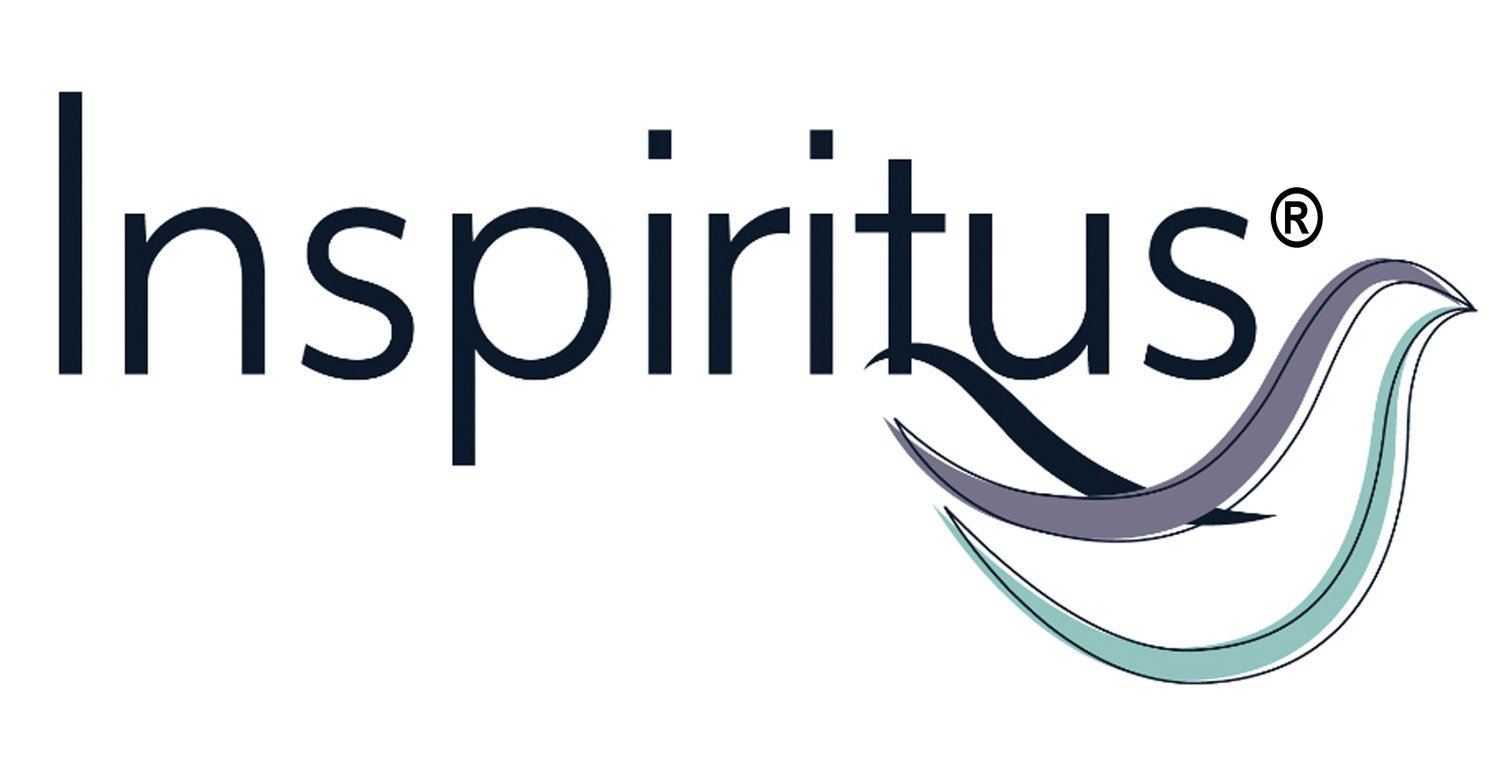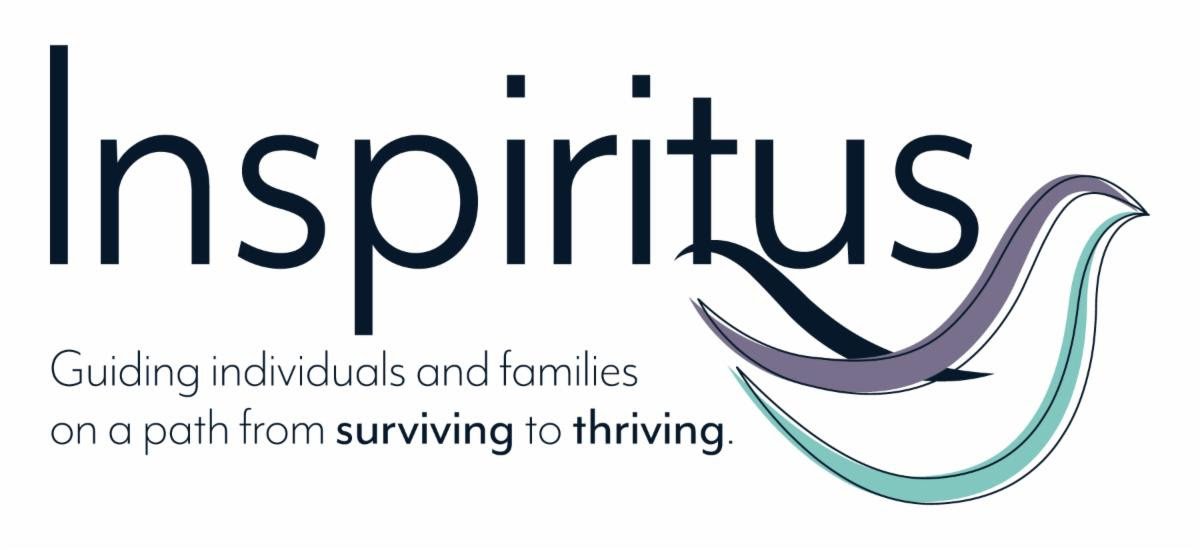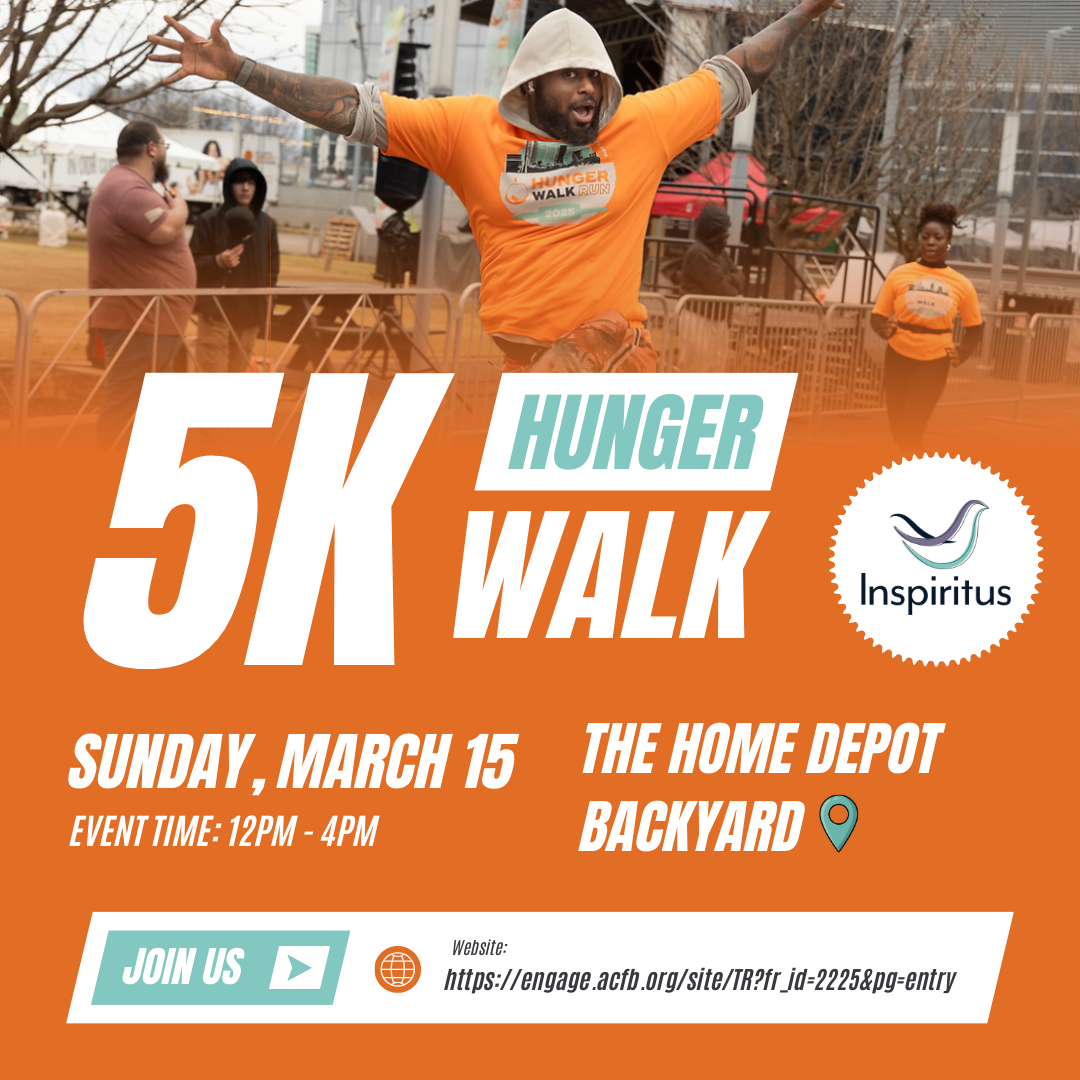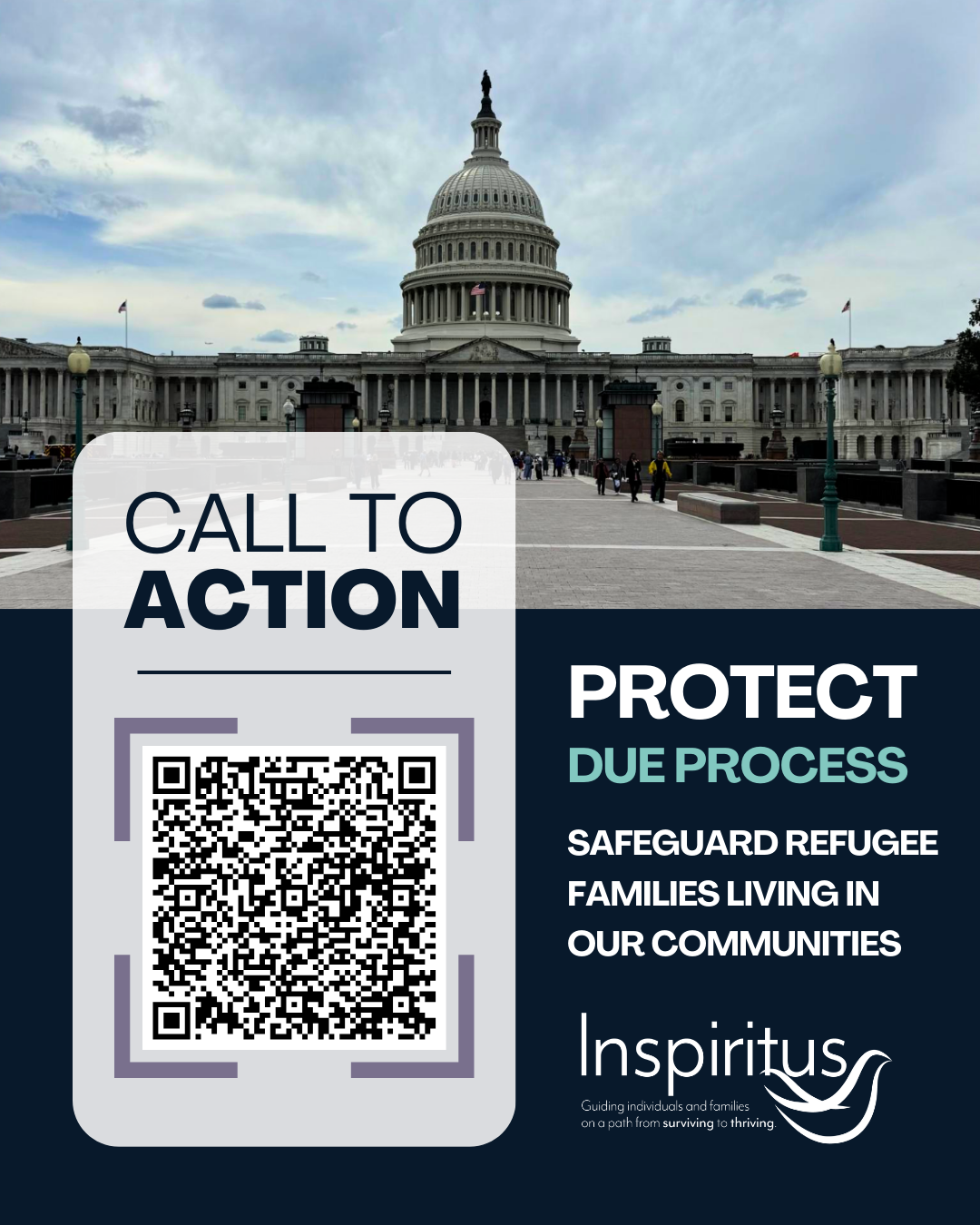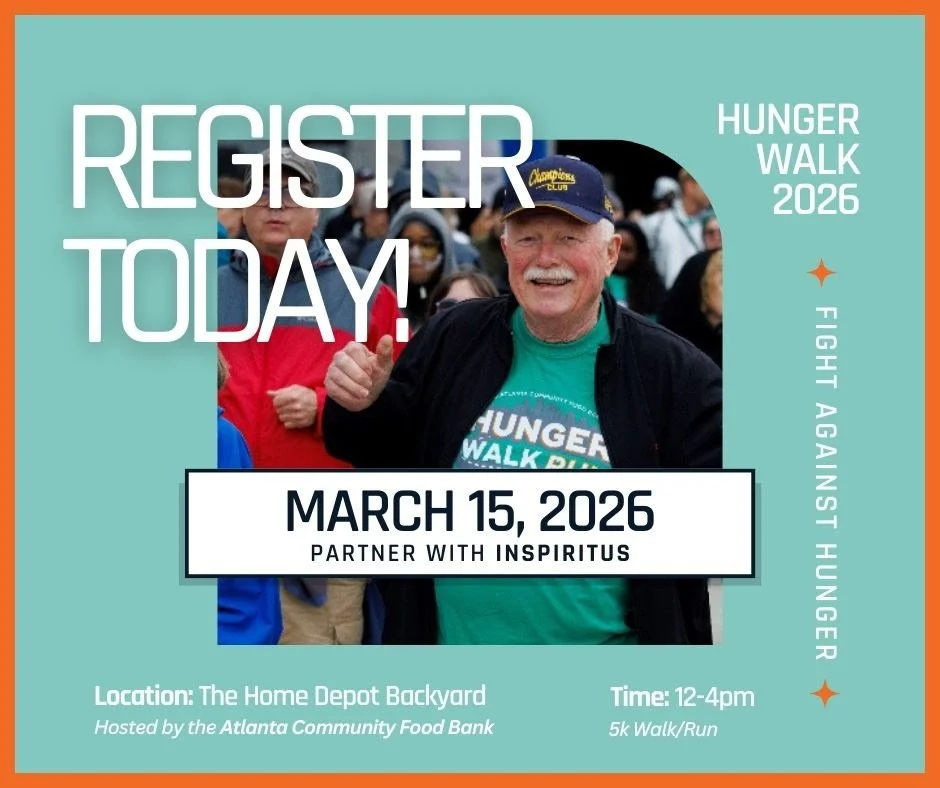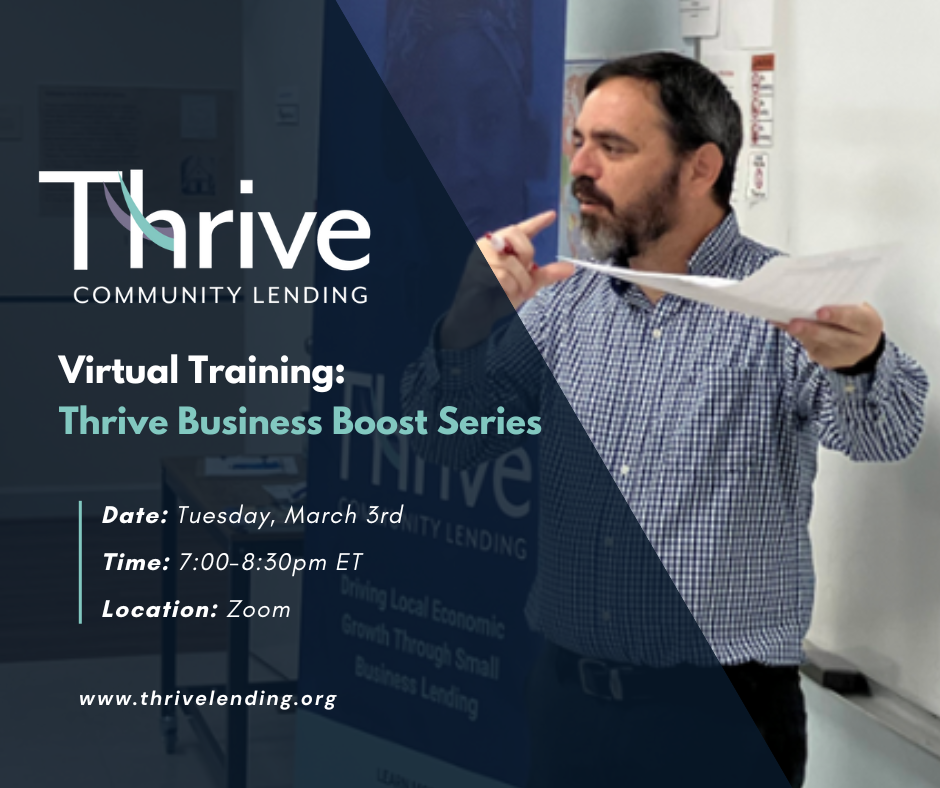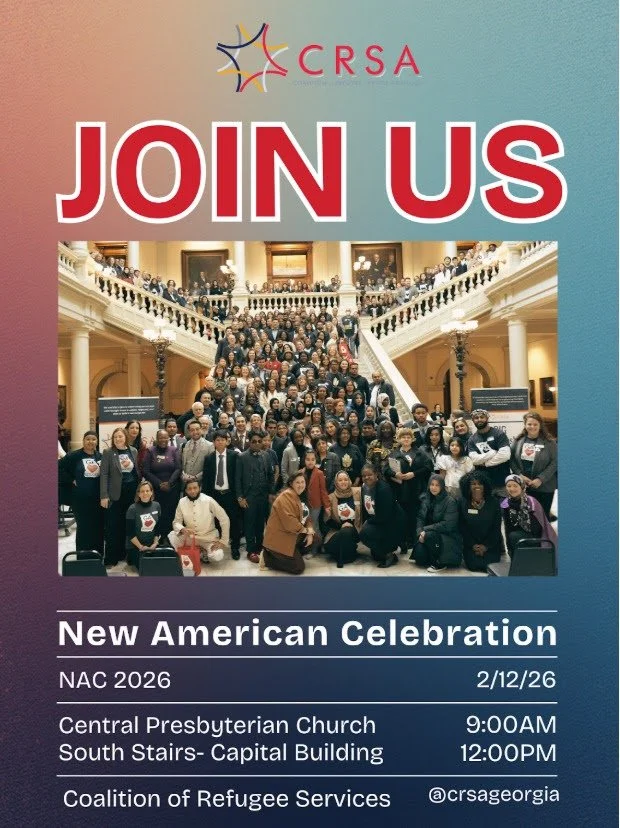Christian Science Monitor Features Inspiritus Refugee Story
/Dear Friends,
Inspiritus is proud to share the inspiring story of Raga, featured in the Christian Science Monitor. Originally from Sudan, Raga endured years of hardship in a refugee camp in Darfur and later in Jordan before being resettled with her husband and two young daughters in Alabama in 2022. Since their arrival, Inspiritus has been by their side every step of the way, providing crucial support in securing housing, integrating into their new community, and connecting them with vital resources. Through the dedication of our volunteers and the generosity of supporters like you, Raga and her family have not only found refuge but have also begun to rebuild their lives with newfound hope and resilience. Read Raga’s full story below.
Six immigrant stories tell the promises and pitfalls of the American dream
By Sarah Matusek
Raga always had to hide two decades ago when she was a young woman in Sudan. The Janjaweed militia in her area was known for spreading terror and raping women, so when they passed through she would bury herself under clothes, blankets, or whatever she could find.
In the early 2000s, she joined countless other Sudanese who fled to an infamous camp for displaced people in Darfur. It offered little shelter from the horrors of war.
Born in 1988, Raga, who asked to use only her first name for privacy, lived in relative peace. Her father hung a swing from a tree. Her mother made orange juice. Without electricity, the moon shone so brightly that children could play games outside at night. They’d toss a coin or a bone, something that would shine, and then see who’d find it fastest on the moon-white ground.
Refugees sit inside a humanitarian truck at the Chad-Sudan border, March 6, 2008, as they await transfer from the border to a refugee camp for people displaced by fighting in Sudan
For a decade she waited in the Zamzam camp in Darfur. For seven more years she waited with her husband in Jordan. They registered with the United Nations as refugees. In 2022, an agency resettled the couple and their two young daughters in the U.S. A place called Alabama.
They were excited when they first heard. But “when we first came, I wanted to leave,” Raga says in Arabic. She didn’t know anyone, and she was scared.
With the help of a local resettlement agency, Inspiritus, the refugee couple secured a home and a few months of financial assistance. The nonprofit helped connect her to volunteers, and they grew into something like family, she says. When she and her husband struggled to get to the grocery store, one of their new friends gave them a gift: a used car.
The car guzzles a lot of gas, Raga says. “But we say, ‘Thank God.’”
The weather in Sudan and Alabama, as it turns out, feels similar. The heat, the heavy rains, the lightning that cracks the sky. All the city lights in the Birmingham suburbs, though, dull the moon glow here.
She feels happy and safe in the U.S. But once again, Raga finds herself waiting.
Learning English is a long-term goal. She dreams of opening a salon or a restaurant, but she knows that will take time. Her husband works, but their expenses outpace his modest income. She aches for her family members still in Sudan, worrying about their lack of food and medicine. She’s heartbroken that she’s unable to send them money, and that the violence endures.
Raga finds solace in her Muslim faith. When she used to work at a church-run food pantry, she says her fellow workers didn’t object when she excused herself to pray, which she does faithfully, five times a day.
“Religion doesn’t have a place or time,” she says. “You can do it anywhere.”
They face struggles, but Raga hopes that she and her husband can build a life in the U.S. that gives their young children a safe place to flourish. “I hope, God willing, I have all the strength to give them anything that they wish for,” Raga says. That includes a good education.
She plays with her daughters, always addressing them in Arabic, and offers homemade orange juice to guests. The drink is sweet and silken on a warm spring day.
“I thought after being here a few months, I would be able to achieve all my dreams,” she says with a laugh. Two years have passed. “We try as hard as we can to stand on our own feet.”
Yasmeen Othman contributed Arabic interpretation for Raga’s interview. Ms. Othman works for Inspiritus.
Read 5 other inspiring stories by viewing the full article HERE.
If you would like to make a contribution to empower refugees on their paths from surviving to thriving, click the button below.
Sincerely,
Virginia Spencer
Chief Development Officer
Inspiritus
